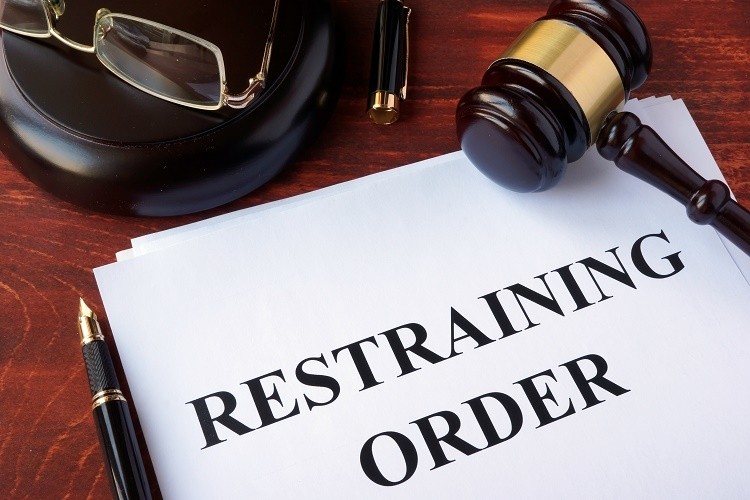Temporary Restraining Order
Filing for a Temporary Restraining Order in Missouri
A Temporary Restraining Order (TRO) is a court-issued order designed to provide immediate protection from threats, abuse, harassment, or harmful behavior. TROs are commonly used in situations involving:
- Domestic violence or abuse;
- Stalking or harassment;
- Threats of physical harm;
- Workplace or home violence; and
- Child endangerment.
These orders are temporary in nature and often serve as a precursor to more permanent protective measures, such as a full order of protection.
TEMPORARY RESTRAINING ORDER LAW
FAQ
How to file for a TRO in Missouri?
If you believe you are in immediate danger, filing for a TRO can be a crucial step to ensure your safety. The process typically involves:
- Filing a Petition
You must file a petition with the court explaining why the restraining order is necessary. This includes providing details about the threats or harm you have experienced. - Obtaining an Ex Parte Order
If the judge determines that you are at immediate risk, they may issue an ex parte (emergency) restraining order without notifying the other party. This order provides temporary protection until a full hearing can be held. - Court Hearing
A hearing is scheduled within a short period (typically 15 days) to determine whether the temporary restraining order should be extended or converted into a longer-term order of protection (a full order of protection).
What evidence do I need to file for a TRO?
Evidence can include text messages, emails, photos of injuries, witness statements, or police reports that demonstrate a threat or history of harm.
How do I defend against a TRO filed against me?
Being served with a restraining order can have serious consequences, including restrictions on your movement, contact with loved ones, and even your ability to own firearms. If you believe the order is unjustified, it’s critical to act quickly and seek legal representation. Upon retention, we will:
- Review the allegations against you;
- Gather evidence to support your defense;
- Begin trial preparations with you; and
- Aggressively advocate for your defenses and rights in court.
What happens if the other party violates the restraining order?
Violations should be reported to law enforcement immediately. The violator may face criminal charges, fines, or imprisonment.
Can I modify or dismiss a restraining order?
Yes. Either party can request a modification or dismissal of the order, but the court will require evidence supporting the request.
ALL FAMILY LAW
Practices Areas
Free Consultation
Ready to discuss your case?










